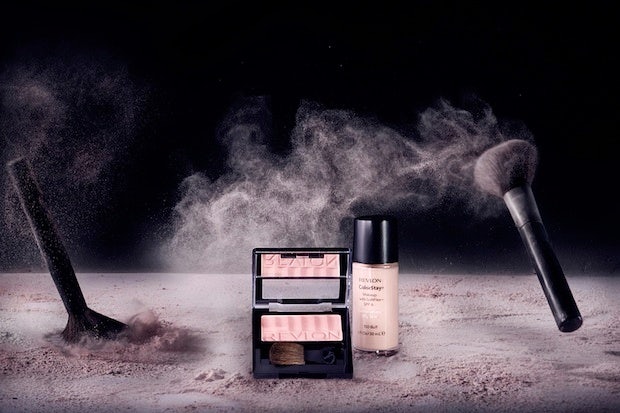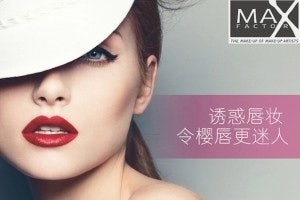
Revlon is only one foreign beauty company that's had a troubled time in the China market.
China’s cosmetics industry may be growing at a double-digit rate, but that didn't stop beauty brands Revlon and Garnier from announcing recently that they are pulling out of the market altogether, thanks to low sales. a However, they’re not the only foreign beauty brands that have faced China struggles in recent years. According to an article from Sina, four additional global brands have withdrawn from China since 2006. Below is a list of the brands who gave up, including what went wrong and where they are now.
SK-II#
In 2006, Proctor & Gamble-owned SK-II was forced to suspend sales in China after the Chinese government halted imports of the brand due to product safety concerns. A consumer had found traces of banned substances neodymium and chromium in the brand’s products, which P&G stated in a press release were “safe” and “insignificant to human health.” P&G’s original damage control plan was to require customers to sign a “safe product” agreement when they bought the products to remove the company of liability, but that clearly disastrous idea only lasted for a week before SK-II shut down stores and pulled out of the country. However, the brand returned several years later, and is now quite popular once again with Chinese consumers.
Max Factor#
Another company that left China in 2006 was Max Factor, which was the first foreign cosmetics firm to penetrate the Chinese market when it entered in 1980. Originally available only at Beijing’s Friendship Store, the company remained in the country through its massive economic rise, but later suffered low sales once competitors moved in. Sina attributes this failure to a “lack of effort.” In 2009, the company revamped its China image and came blazing back into the market to cash in on Chinese middle-class consumers’ growing love for cosmetics.

Mentholatum Hair Products#
The producer of Oxy and Phisoderm products attempted to sell high-end shampoo in China, but massive competition from other hair-care companies caused it to give up on this plan in 2012. The company still appears to be quite active in selling skincare products in the country.
Attenir#
In June of 2013, Japanese beauty company Attenir announced that it would be “adjusting its product line” and closed almost all its stores in China, with some flagship stores operating through the end of 2013. The anti-Japan riots of 2012 caused a sales slump for Japanese brands in China, but others such as Shiseido believe they’ve weathered the worst of the storm—as long as the situation doesn’t go downhill again.